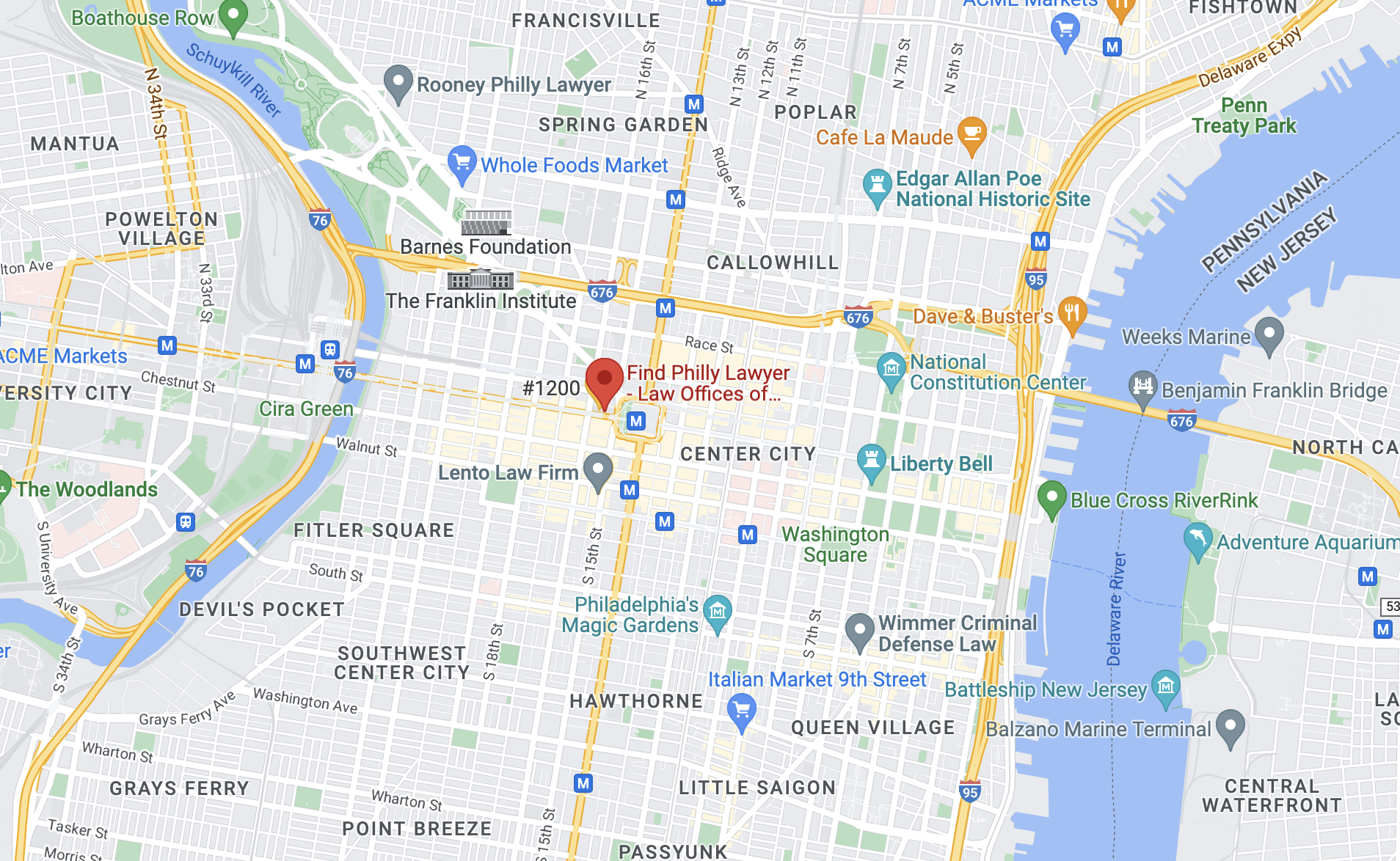Credit card theft is generally a misdemeanor, but you may still face relatively harsh penalties upon conviction, even if it is only your first offense in Philadelphia. Call us after an arrest so we can explain the possible penalties for credit card theft if convicted and how we might help you avoid those penalties.
While any charges for credit card theft risk jail or prison, fines and probation are common initial consequences. If you are charged with a third-degree felony, however, there is a risk of seven years in prison upon conviction. You can avoid or mitigate penalties resulting from credit card theft by contacting our lawyers immediately after your arrest. Tell us everything, but keep the police in the dark, and let us begin working on your defense.
For help with your case from our Philadelphia criminal defense lawyers, call the Liberty Law Team at (215) 826-3314.
What Are Pennsylvania’s Penalties for Credit Card Theft?
The penalties for credit card or debit card theft, known as “access device fraud” in Pennsylvania, vary depending on the value of property or services obtained through the unlawful use of another person’s credit card.
Second-Degree Misdemeanor
Access device fraud involving property or services valued at less than $50 is a misdemeanor of the second degree.
For a second-degree misdemeanor conviction, you could face up to two years in prison and be required to pay a fine of up to $5,000. While these are the maximum penalties, they could still be imposed upon conviction, so don’t risk it and contact our lawyers.
First-Degree Misdemeanor
Credit card theft involving property or services valued between $50 and $500 is a misdemeanor of the first degree.
For this charge, defendants face up to five years in prison and a fine of $10,000. For first-time offenders, judges may order probation, fines, and other penalties as an alternative to prison, and our lawyers can urge judges to consider these alternatives.
Third-Degree Felony
Intentionally charging or attempting to charge $500 or more to another person’s credit card is a third-degree felony in Philadelphia. The prison sentence for a third-degree felony conviction can be up to seven years, and fines cap out at $15,000. These penalties often seem disproportionate to the offense in many situations; that’s why having our lawyers present to advocate for you is crucial.
How Can I Avoid Penalties for Credit Card Theft?
You can avoid serious penalties for credit card theft by involving our lawyers in your case as soon as possible. Delaying a call to us might make you vulnerable, so don’t wait.
Call Our Lawyers
To mitigate or avoid penalties for credit card theft in Pennsylvania, call our attorneys. Do not speak to law enforcement after an arrest; only talk to us. Our Delaware County criminal defense lawyers can immediately determine the charge you are facing for access device fraud and start working on viable defenses.
Lacking intent, having the owner’s consent to use the credit card, mistaken identity, and a lack of evidence can all help undermine charges for credit card theft and prevent prosecutors from proving guilt beyond a reasonable doubt.
We may be able to persuade the prosecution to drop the charges against you by suppressing evidence or providing law enforcement with much-needed context, so let us explore this possibility in your case.
Don’t Discuss Your Case
Do not talk about the charges you’re facing, what happened during your arrest for access device fraud, or any other aspects of your case with friends, the media, or online. Making any contradicting statements might hurt your defense. Even posting about non-related things on your social media pages might negatively affect the case, so avoid that altogether.
Follow Bail Conditions
The bail for access device fraud charges shouldn’t be excessive, as it is not a violent offense. If this is your first charge and you pose no danger to the community or risk of fleeing, the judge may even release you on your own recognizance. That means you don’t have to pay bail at all and can comfortably await trial from home.
If you are released without bail or bail is set, there may be conditions. The judge may require you to stay within the area, refrain from contacting the complaining witness, and set other conditions, which we can remind you of throughout the trial.
If you violate any bail conditions or aren’t present at court appearances, the judge might revoke your bail, forcing you to remain in jail throughout a trial for credit card theft.
Do Plea Deals Mitigate Penalties for Credit Card Theft in Philadelphia?
Plea deals can help defendants facing charges for access device fraud lessen the consequences they experience. Don’t accept a plea deal before having our lawyers review it, as it may not be as fair as the prosecution suggests.
By taking a plea, you may avoid consequential jail time. That isn’t guaranteed, however, and the judge doesn’t even have to honor the plea bargain if they feel it is too lenient. Once you enter a guilty plea, retracting it is very difficult, so don’t do this until we confirm it is the best path forward for you.
Pleading to lesser charges is sometimes an option, but you should not take the prosecution’s word for what is and isn’t fair. Although the prosecution may make it seem like they have a lot of evidence against you, they may be bluffing, and our lawyers can help.
We can defend access device fraud charges, so don’t accept a plea, thinking that’s your only option. There may not be enough evidence against you to get a guilty verdict at trial, and the prosecution may be offering you a plea in case you accept.
Call Our Philadelphia Attorneys to Talk About Your Credit Card Theft Case
For a free case discussion with the Liberty Law Team, call our Bucks County criminal defense lawyers at (215) 826-3314.




 Liberty Law Team
Liberty Law Team  (215) 826-3314
(215) 826-3314 lonny@libertylawteam.com
lonny@libertylawteam.com





